Banana $
The Versatile Banana: Uses, Facts, Nutritional Benefits, and Tips
Introduction
Bananas are one of the most popular and nutritious fruits enjoyed worldwide. Known for their sweet taste and creamy texture, bananas are not only delicious but also packed with essential nutrients. In this blog post, we will explore the different uses of bananas, fascinating facts about them, their nutritional benefits, and some helpful tips for incorporating them into your diet. Finally, we will discuss the average price of bananas.
Uses of Bananas
Bananas can be used in various ways, making them a versatile fruit in the kitchen. Here are some common uses:
- Snacking: Bananas are a convenient and portable snack, perfect for on-the-go.
- Smoothies: Adding bananas to smoothies provides natural sweetness, creaminess, and a boost of energy.
- Baking: Bananas can be used in baking to add moisture and natural sweetness to bread, muffins, pancakes, and cakes.
- Breakfast: Sliced bananas can be added to cereal, oatmeal, yogurt, or pancakes for a nutritious and filling breakfast.
- Desserts: Bananas can be caramelized, grilled, or baked and served with ice cream, yogurt, or as part of a fruit salad.
- Freezing: Frozen bananas can be blended into ice cream or used as a base for smoothie bowls.
- Cooking: Bananas can be used in savory dishes, such as curries or stews, to add sweetness and texture.
- Dried: Dried bananas, known as banana chips, make a crispy and nutritious snack.
- Jams and Preserves: Bananas can be used to make jams, preserves, or fruit spreads.
Interesting Facts About Bananas
- Bananas are scientifically known as Musa spp. and belong to the Musaceae family.
- Bananas are believed to have originated in Southeast Asia and have been cultivated for thousands of years.
- India is the largest producer of bananas, followed by China, Indonesia, and the Philippines.
- The banana plant is not a tree but an herbaceous flowering plant with large leaves that grow in a spiral.
- Bananas are naturally radioactive due to their potassium content, but the levels are too low to be harmful.
- Each banana cluster is called a "hand," and each individual banana is called a "finger."
- Bananas contain natural sugars, including sucrose, fructose, and glucose, which provide a quick source of energy.
- Banana peels can be used as a natural fertilizer or compost for plants.
Nutritional Elements of Bananas
Bananas are not only delicious but also packed with essential nutrients. Here are some key nutrients found in bananas:
- Potassium: Bananas are rich in potassium, an essential mineral that helps maintain proper heart function and fluid balance.
- Vitamin C: Bananas contain vitamin C, an antioxidant that supports immune function and skin health.
- Fiber: Bananas are a good source of dietary fiber, which aids digestion and helps maintain a healthy gut.
- Vitamin B6: Bananas provide vitamin B6, which is important for brain development and function.
- Manganese: Bananas contain manganese, a trace mineral that supports bone health and metabolism.
- Antioxidants: Bananas contain various antioxidants, including dopamine and catechins, which help protect cells from oxidative damage.
- Energy: Bananas are a natural source of carbohydrates, providing quick energy for physical activity and mental alertness.
- Low in Fat: Bananas are virtually fat-free, making them a healthy snack option for weight management.
Helpful Tips for Using Bananas
- Choose bananas with yellow skins that are firm and free from bruises or dark spots for the best flavor and texture.
- Store bananas at room temperature away from direct sunlight. To ripen them faster, place them in a paper bag with an apple or tomato.
- To prevent bananas from ripening too quickly, store them in the refrigerator once they reach the desired ripeness.
- Freeze ripe bananas for future use in smoothies, baking, or as a base for homemade ice cream.
- Use overripe bananas to make banana bread or muffins, as their sweetness intensifies with ripeness.
- Add sliced bananas to peanut butter toast for a delicious and satisfying snack.
- Blend frozen bananas with a splash of milk or yogurt to make a creamy and nutritious "nice cream."
- Use mashed bananas as a natural sweetener and binder in baking recipes, replacing eggs or sugar.
- Experiment with different banana varieties, such as Cavendish, Lady Finger, or Red Banana, to discover new flavors and textures.
Average Price of Bananas
The price of bananas can vary depending on the season and location. On average, fresh bananas typically cost between $0.50 and $0.75 per pound in the United States.
Cost: None
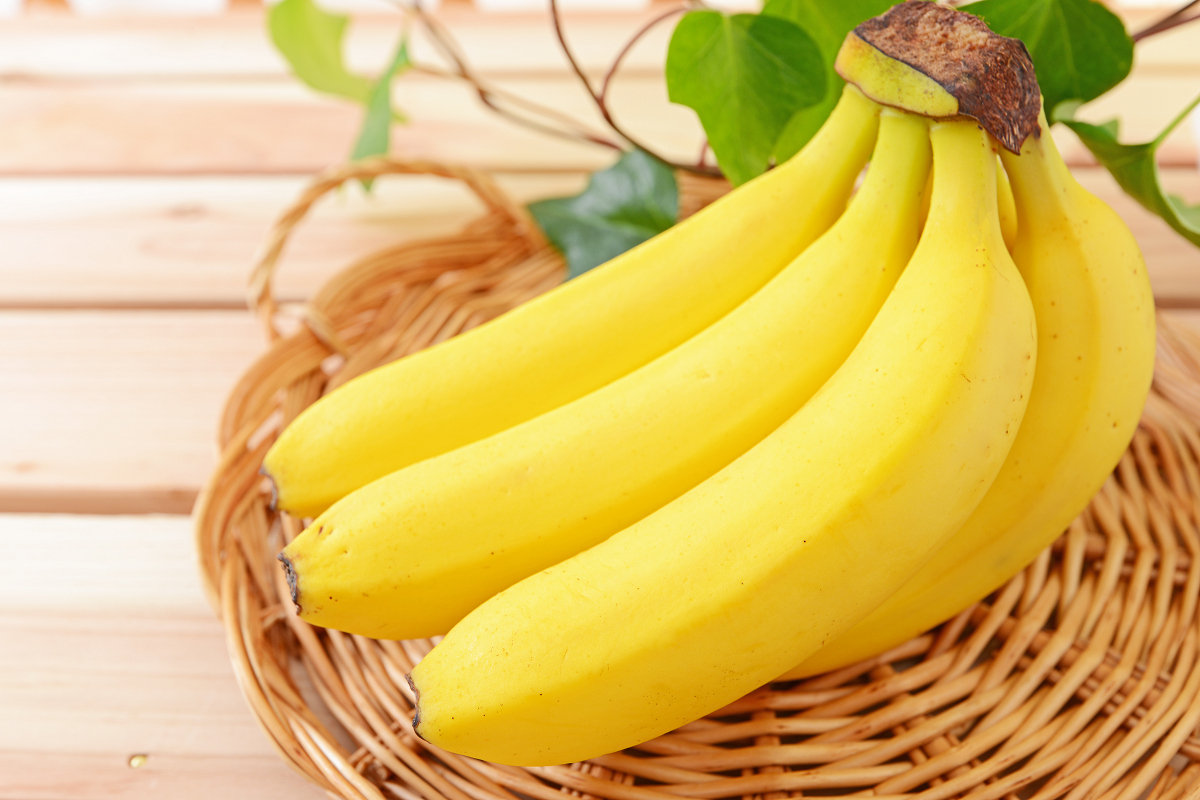
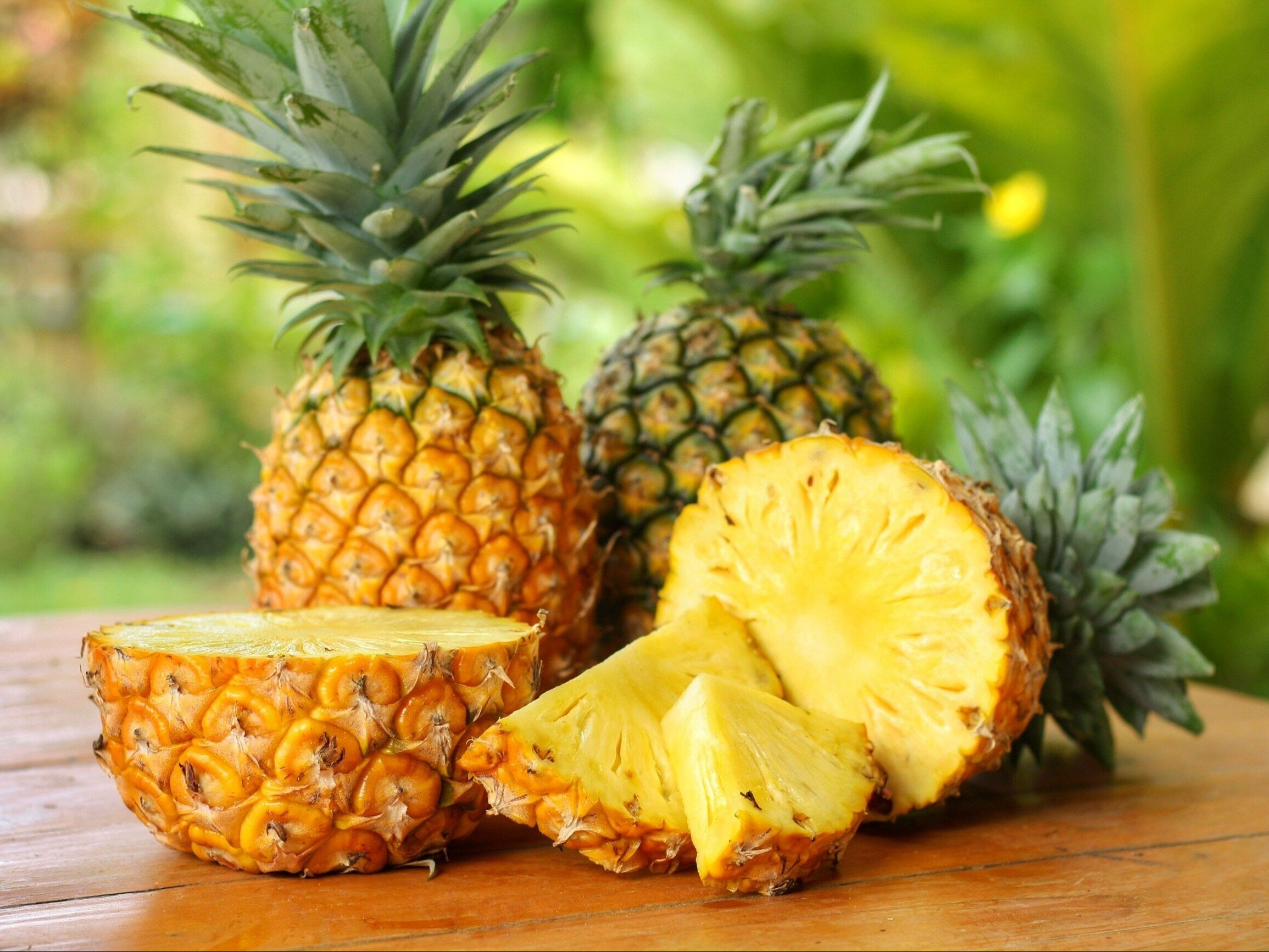


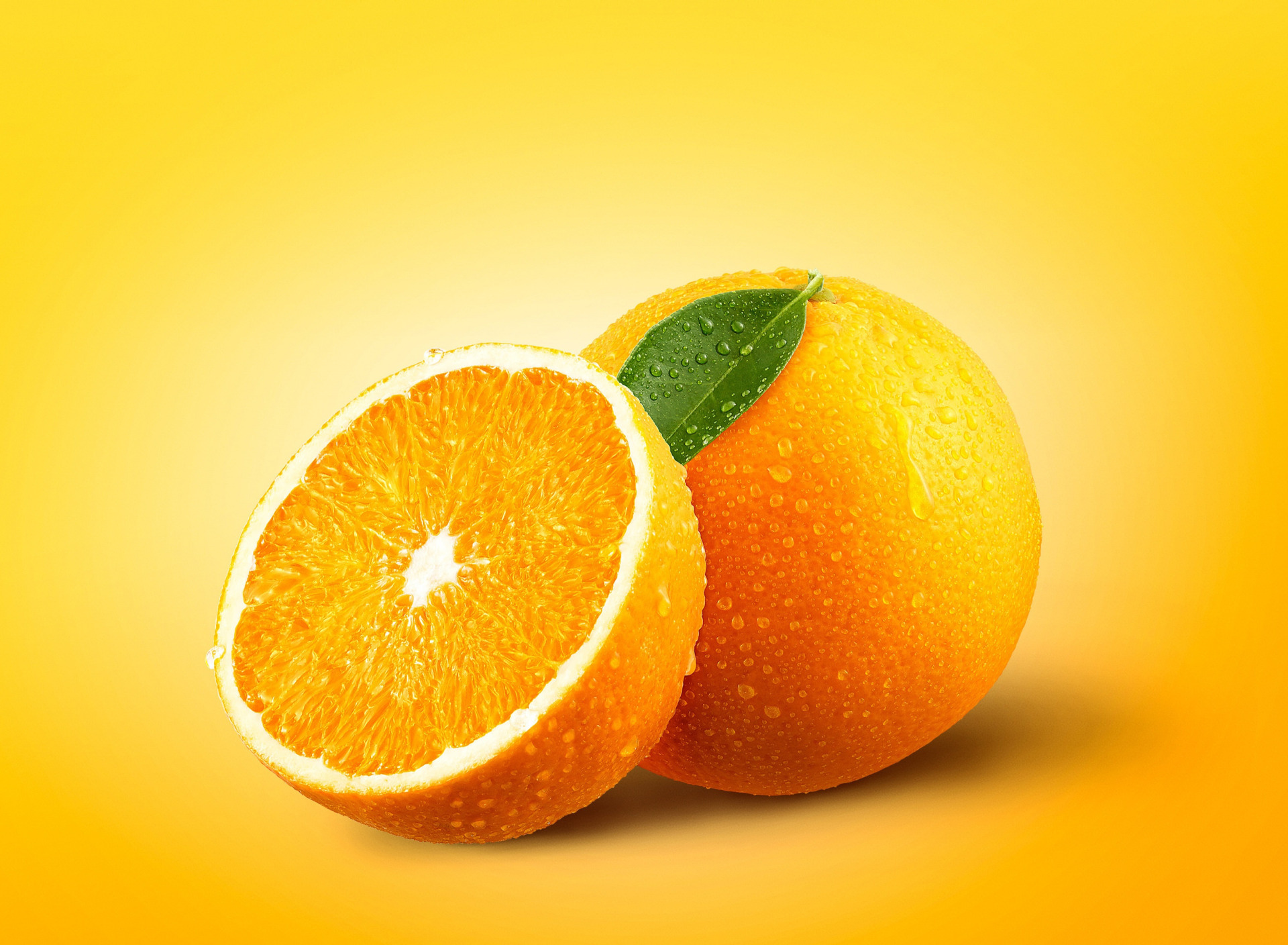
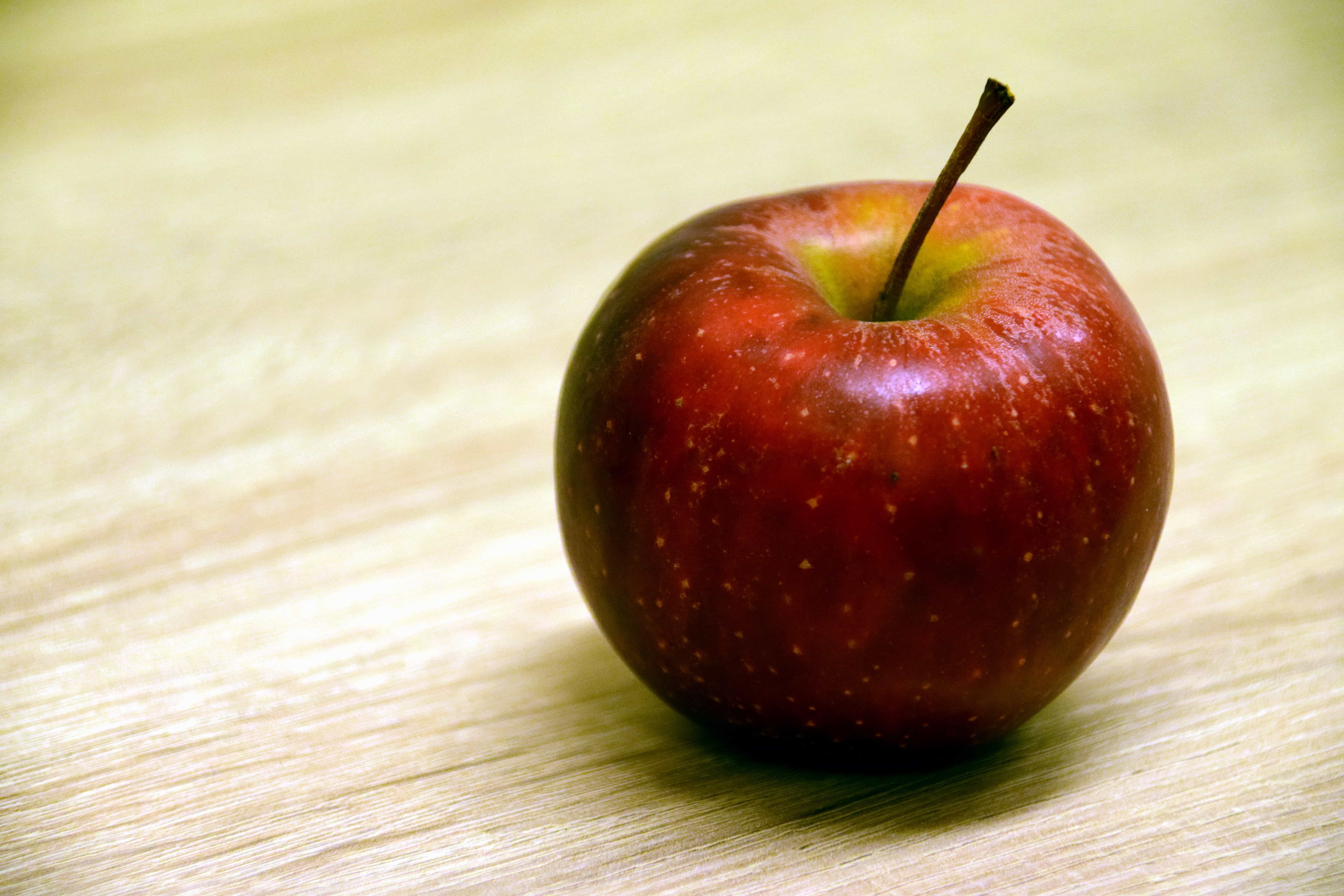

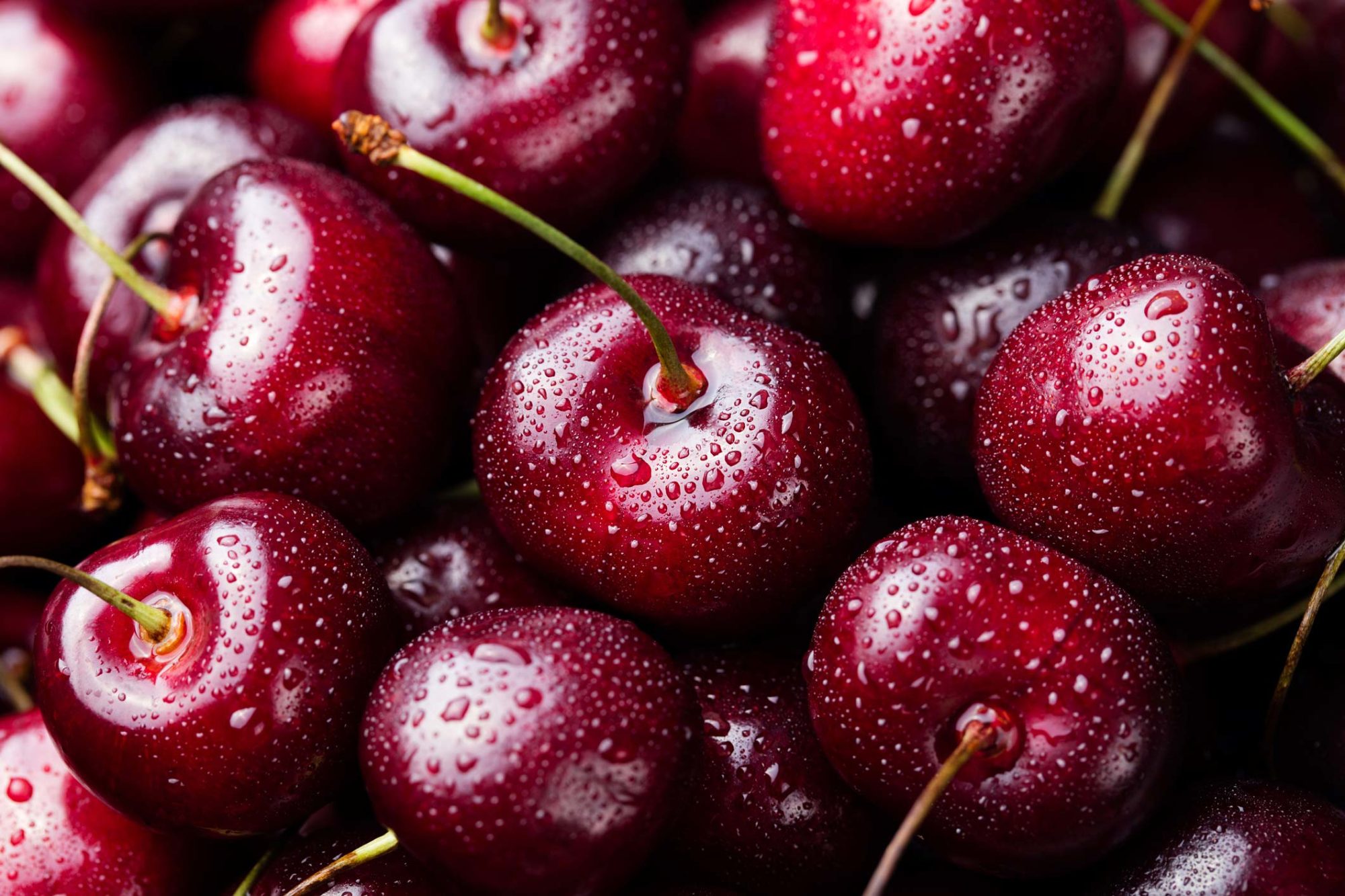
0